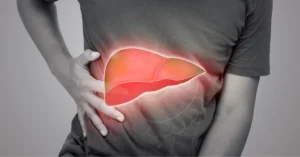
Fatty Liver Disease
Fatty liver disease, once a rare condition, has now become
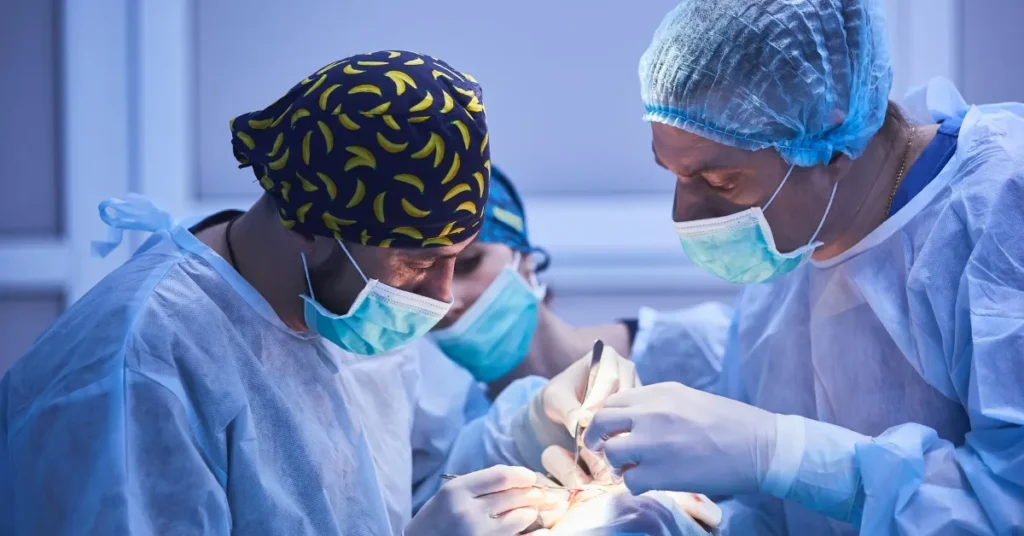
Acute rejection episodes are a significant concern following a liver transplant. This complication occurs when the body's immune system mistakenly identifies the new liver as a foreign object and attacks it. Early detection and management of acute rejection are crucial to ensuring the success of liver transplant surgery.
Understanding and managing acute rejection is critical for successful liver transplant recovery and long-term health.
Chronic rejection is a significant concern for liver transplant recipients and requires careful long-term monitoring to ensure the continued health of the transplanted liver. Unlike acute rejection, which occurs shortly after the surgery, chronic rejection develops gradually over months or even years. This ongoing immune response can lead to the progressive loss of liver function, making vigilant monitoring and management crucial for the success of liver transplant surgery.
Effective management of chronic rejection and vigilant long-term monitoring are integral to ensuring the success of liver transplant recovery and maintaining overall health.
Liver dysfunction and biliary complications are significant concerns after a liver transplant, impacting the overall success of the procedure and the patient's quality of life. Understanding these issues and their management is crucial for a successful liver transplant recovery.
Liver dysfunction occurs when the transplanted liver does not perform its expected functions, such as detoxifying the blood and producing essential proteins. This dysfunction can be due to a variety of reasons, including graft rejection, infection, or complications from the transplant surgery itself. Symptoms of liver dysfunction may include jaundice (yellowing of the skin and eyes), abdominal pain, and fatigue. Monitoring liver function through regular blood tests is essential for early detection and intervention.
Biliary complications involve issues with the bile ducts, which can significantly affect liver function. These complications include:
Management of these complications often involves imaging techniques like ultrasound or MRI to diagnose the issue, and treatments such as endoscopic procedures or surgical interventions to correct the problems. Regular follow-up with healthcare providers is essential to address these issues promptly and maintain optimal liver function post-transplant.
After a liver transplant, managing medication side effects is a crucial aspect of ensuring a successful recovery. Post-transplant medications, particularly immunosuppressants, are essential to prevent organ rejection, but they come with their own set of challenges. Here’s a detailed look at common side effects and strategies for managing them effectively:
Effective management of these side effects involves a combination of regular medical check-ups, lifestyle adjustments, and open communication with healthcare providers to tailor the medication regimen to the patient’s needs. By addressing these issues proactively, patients can improve their quality of life and support their long-term recovery after liver transplant surgery.
The psychosocial impact of a liver transplant can be profound, affecting not only the patient’s emotional well-being but also their overall quality of life. The journey through liver transplant surgery is fraught with emotional and psychological challenges that can persist long after the operation. Recognizing and addressing these issues is crucial for a successful recovery and long-term health.
By addressing these psychosocial impacts and leveraging support systems, patients can better navigate the challenges of liver transplant recovery and improve their overall well-being.
Common complications include acute and chronic rejection, liver dysfunction, biliary problems, medication side effects, and psychosocial impacts. Monitoring and management are crucial.
Acute rejection is managed with immunosuppressive medications to prevent the immune system from attacking the new liver. Early detection and treatment are vital.
Chronic rejection is a gradual process where the body’s immune system slowly damages the transplanted liver over time. Regular monitoring and medication adjustments help manage it.
Post-transplant medications can cause side effects such as infections, diabetes, and high blood pressure. Managing these requires careful adjustment of medication and regular health check-ups.
The stress and adjustment period after a liver transplant can lead to anxiety and depression. Support from family, friends, and mental health professionals is important for emotional well-being.

Fatty liver disease, once a rare condition, has now become
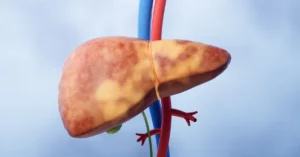
Cirrhosis of the liver is a serious medical condition that



Undergoing a liver transplant is a monumental step in treating

A liver transplant is a crucial and intricate surgical procedure
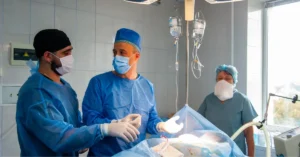
Embarking on a liver transplant journey in India is a

Liver transplants in India have become a crucial procedure for

Cirrhosis of the liver is a serious medical condition that affects millions of people worldwide. Understanding this disease, its causes, symptoms, stages, and available treatments can help manage and potentially prevent its progression.

Embarking on a liver transplant journey in India is a profound and transformative decision, necessitating thorough preparation for the best results. From the initial evaluation to grasping eligibility criteria, every step is crucial
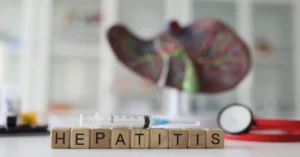
Hepatitis B and C are two of the most common and serious viral infections affecting the liver. They can lead to chronic liver disease, liver cancer, and even necessitate a liver transplant. This blog post will explore hepatitis B and C in detail, covering their symptoms, causes, treatments, and prevention methods.